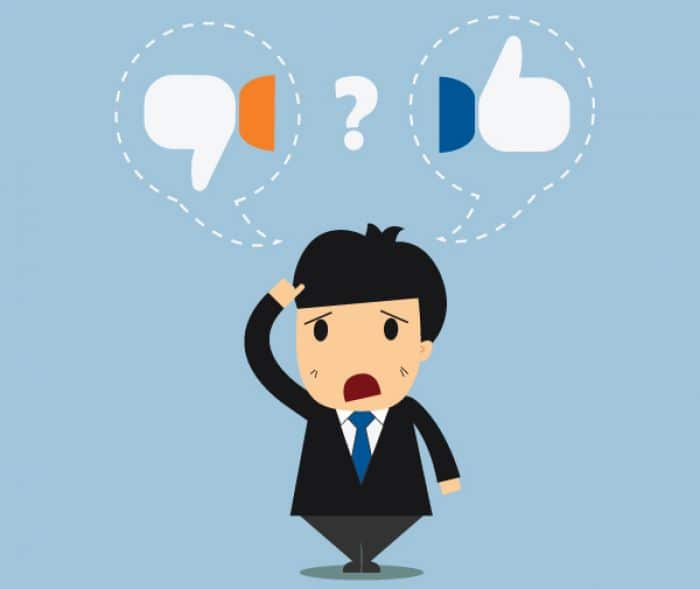What is Your Organization’s Reputation Worth?

This has been discussed many times over, but I want to focus on an aspect of reputational risk that doesn’t get as much press, and in my opinion, has the potential to fundamentally hinder an organization’s ability to come out unscathed. For the purposes of this post, we will be moving right past the obvious outcomes associated with reputational damage such as: loss of revenue, funder hesitancy, shareholder erosion, increased regulatory expenses, etc.
True, your organization may struggle to return to a homeostatic state after experiencing one or more of the aforementioned results of a damaged reputation, but it will likely survive. So, what am I getting at? What has a greater, more long lasting impact on an organization’s survival? Wait for it… PEOPLE! More specifically, the organization’s ability to retain and attract the people it needs to operate successfully into the future.
An organization’s ability to compete for mindshare in the current market is based on many factors, so how much do employees or candidates really consider the organization’s reputation?
According to a study done by Corporate Responsibility Magazine, “75% of Americans would not take a job with a company that had a bad reputation, even if they were unemployed”. To further illustrate this point, the same study found that “90 percent of employees would consider leaving their current jobs if they were offered another role with a company that had an excellent corporate reputation”. These are staggering statistics. If retention and attraction of quality candidates isn’t problem enough, according to an article published by Harvard Business Review, “a bad reputation costs a company at least 10% more per hire”. Turns out that those willing to work for a company with a bad reputation want to be paid more in order to do so…go figure.
So what can an organization do to stave off the impact of impaired access to human capital? At Exude, we believe it all comes down to organizational health and culture.
Contact us to discuss mitigation techniques to protect your organization’s reputation and learn how our organizational heath model serves to identify and mitigate reputational risks.

